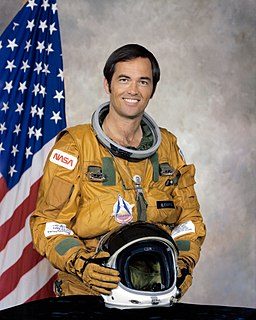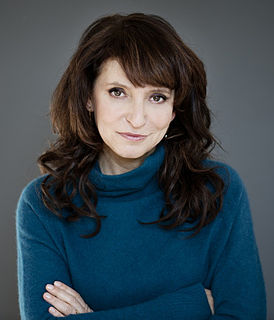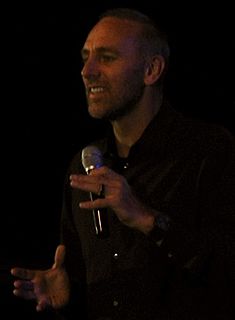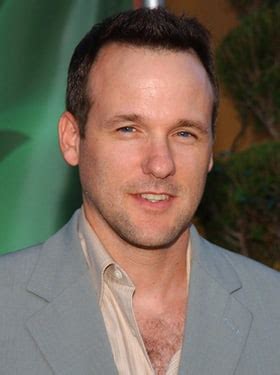A Quote by A. A. Gill
When I joined the Sunday Times the people I was competing with were all 10 or 15 years younger, they all had double firsts from Oxford or Cambridge, they were all bright as new pins.
Related Quotes
My experience came before most of you were born. My school was a state school in Leeds and the headmaster usually sent students to Leeds University but he didn't normally send them to Oxford or Cambridge. But the headmaster happened to have been to Cambridge and decided to try and push some of us towards Oxford and Cambridge. So, half a dozen of us tried - not all of us in history - and we all eventually got in. So, to that extent, it [The History Boys] comes out of my own experience.
My mom had me at a young age, like 20, and she was the oldest child. All her brothers were seven and 10, so I was like a younger brother more so than the oldest child. I was the younger brother to all my uncles, so they were going through their childhood and their teenage years, and I was right there.
My parents were wonderful Christians. They were religious, but they were not fanatical in any way. I was the one who took it to the extreme. I was told in Sunday school that you had to accept Jesus into your heart if you didn't want to go to hell. So of course I did that a thousand times. But the catch was you had to mean it with all of your heart.
I got a PhD from Harvard and a few years later, there was a girl from Sunderland who hadn't got into Oxford or Cambridge, even though she'd got perfect A-levels. Harvard asked me to come and recruit her because I was recruited out of university by Harvard - they were trying to show that people could make it.
We planted the church by starting a Sunday night outreach. The very first Sunday we had 70 people turn up. The second week, there were 60, the third week, 53, and by the fourth week, 45. I've often joked that we worked it out at the time- we had only four and a half weeks left until there were no more people. It was about that time that we had our first ever commitment to Christ. We outgrew the school hall after 12 months. The crowds were so big that we were using road-case as the platform, and what should have been the stage as a balcony so that we could fit more people in.
One of my most vivid memories of the mid-1950s is of crying into a washbasin full of soapy grey baby clothes - there were no washing machines - while my handsome and adored husband was off playing football in the park on Sunday morning with all the delightful young men who had been friends to both of us at Cambridge three years earlier.
I was at this dinner for Rhodes Scholars. And we were in the Rhodes mansion, which is this fancy mansion on the Oxford campus. And I remember I looked up in the rotunda, and I saw that etched into the marble were the names of Rhodes Scholars who had left Oxford, and had fought and died in World War II.






































